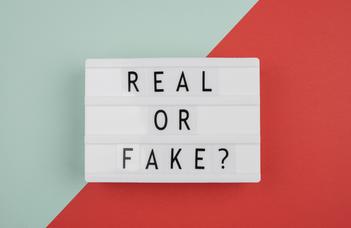Development of Educational Materials and Methodology for Fact-Checking

Identification of Social Problem
False, misleading, or deceptive information is significantly present on traditional and digital channels, resulting in a decrease or loss of trust in the news. According to international research, 55-70% of the population in European countries is distrustful of their government's communication, as well as the statements of public and privately-owned news channels. The lack of trust stems, to a large extent, from the fact that the average user does not possess or only has limited knowledge about fact-checking. By developing and educating on fact-checking procedures, it is possible to establish an information literacy that can compensate for the loss of trust by strengthening responsible news consumption.
Expected Social/Economic/Environmental Impact of the Research
The materials produced during the project will be continuously accessible on the internet, contributing to the development of students' information awareness. The compiled educational materials and methodological descriptions for teachers will also be published online, enabling their quick incorporation into education. An essential aspect of the impact is that the materials allow for the teaching and skill development in an area that has not received adequate emphasis so far, and teachers have limited knowledge about it. The accessible results for anyone enable not only school communities but also other segments of society to benefit from them.
Contact
Miklós Lehmann (Eötvös Loránd University Faculty of Primary and Pre-School Educationr)
E-mail
More about the 2021–2022 phase of the research
